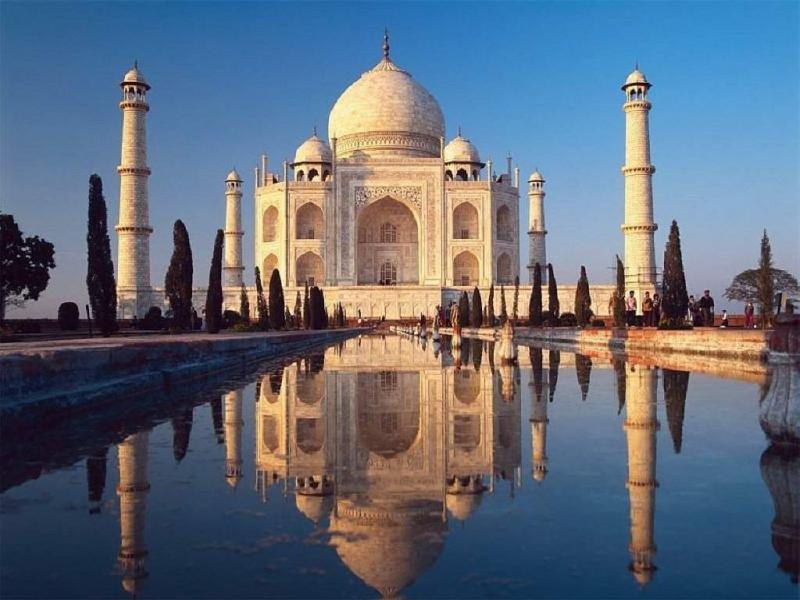
Travel Advice for India
By Simon Cross
Elemental and vibrant, India is an extremely popular tourist region with over 800,000 visitors from the UK alone each year. As the world’s biggest democracy, there are many kinds of exotic architecture, religions and languages to experience as well as beautiful landscape with mountain ranges throughout. With lush green grass fields, desert regions and beautiful beaches, India is perhaps most associated with the treasured Taj Mahal, one of the Seven Wonders of the World. This guide hopes to make your travel experience easier by offering some useful pre-travel guidance, tips for getting around and general safety advice.
Prior to travel, you must get a visa before travelling to India and it is advisable to contact the embassy, to stay up to date with important safety and security announcements. In 2013 The High Commission of India revised the fee for tourist and research visas. A tourist visa can be valid for three months, six months or one year, however each stay is limited to a maximum period of 180 days. It should be noted that there is a mandatory requirement to be present in the United Kingdom at the time of applying and obtaining an Indian visa. Your passport must have 2 blank pages and be valid for a minimum of 180 days at the time of your visa application. In addition, a Yellow Fever vaccination is required for travellers from countries with risk of transmission. Lastly it is advisable to purchase travel insurance for India, in case of medical emergency or illness and observe Indian law, as Consular assistance is unable to override local Indian laws.
India is the second most populous country and there are many regions to visit, if time is short then there are three main tourist destinations, known as the Golden Triangle. In Delhi there is Hamayun’s tomb to visit and the Old Fort in addition to being well known for shopping. In Agra, there is the famed Taj Mahal, Agra Fort and Fatehpur Sikri. Lastly in Jaipur there is the beautiful Pink City and fort at Amber. Safety is paramount in India and it is advised by the Indian government to avoid the immediate vicinity of the border with Pakistan, due to political tensions. India offers many regions to avoid the large crowds that a nation of one billion can have. Cities such as Kerala, northern mountainous regions like Ladakh, or one of the many hill stations offer a quiet retreat away from India’s sprawling cities.
Share this article:




















